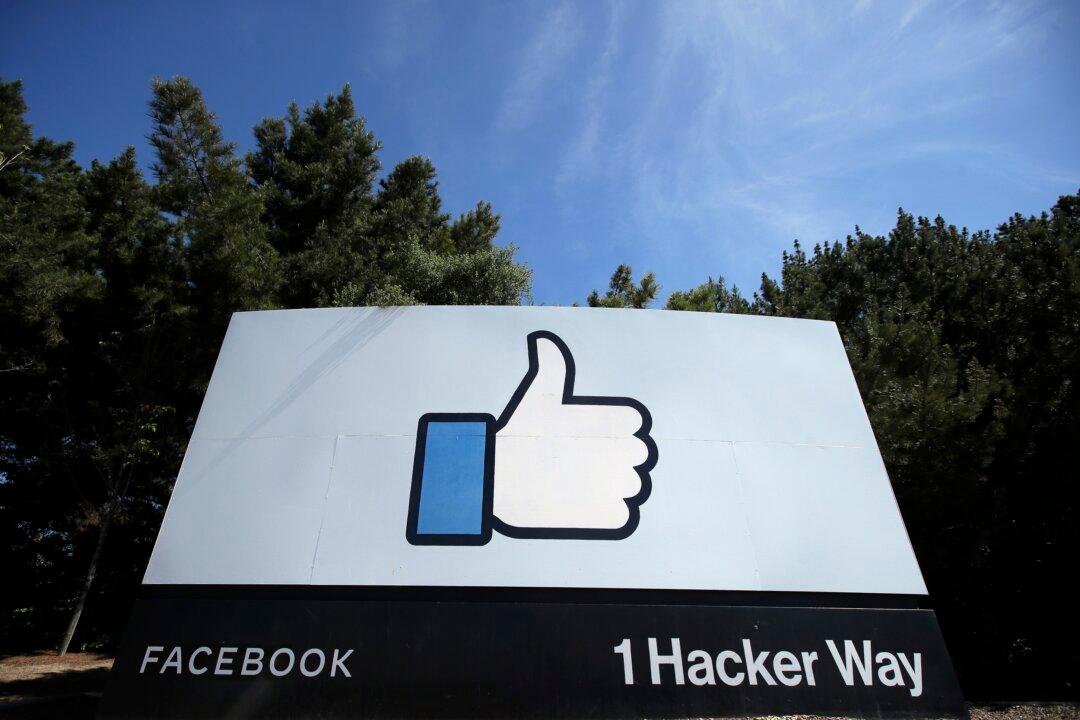Facebook’s oversight board on Friday said it overturned four of the company’s decisions in removing content.
In one case, Facebook removed a post talking about hydroxychloroquine, a common drug that’s shown some efficacy in treating COVID-19. The board overturned the decision, saying the French user who created the post didn’t encourage people to buy or take drugs without a prescription.





